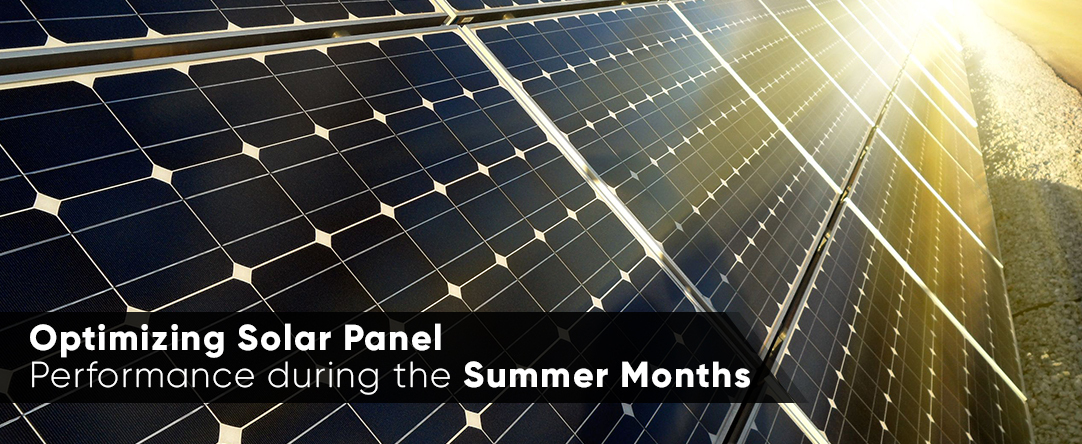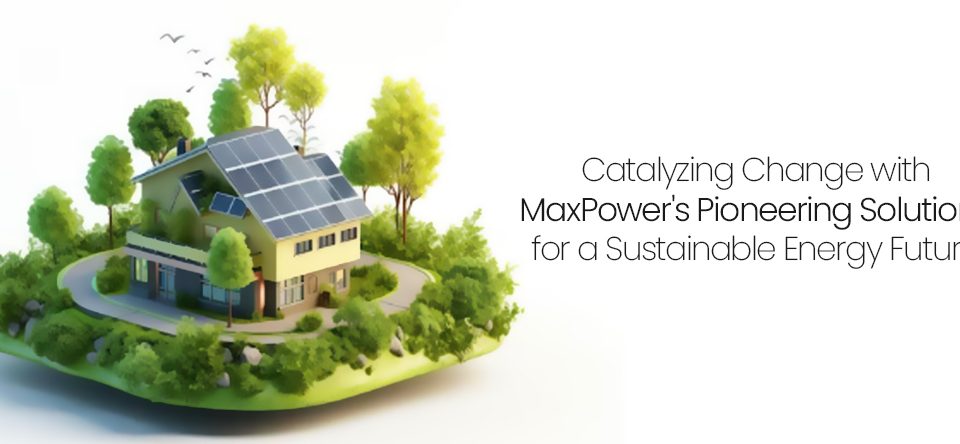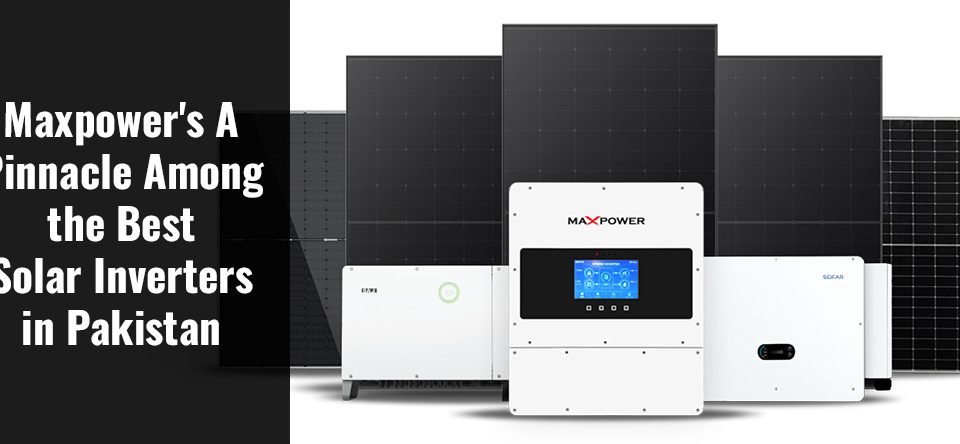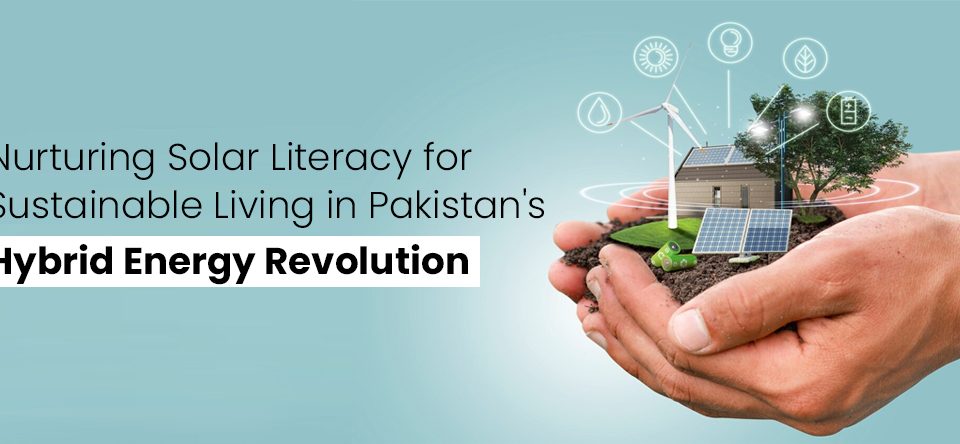
Harness the Power of the Summer Sun with Solar Panels | Max Power
May 26, 2023
How to Maintain Your Commercial Solar Panel System: Tips for Long-Term Success
June 10, 2023Are you curious about how solar panels work and how you can get the most out of them during the summer months? You’re not alone. With the increasing adoption of solar energy worldwide, it’s becoming more important to understand and optimize their performance, particularly during the sunny season.
Understanding Solar Power Output in Summer
During the summer months, when the days are longest and the sun is at its brightest, it seems logical to assume that solar panels would be at their most efficient. While this is generally true in terms of energy production, there are actually several factors at play that can impact the efficiency and output of solar panels.
Heat and Solar Panel Efficiency
Firstly, let’s tackle a common misconception: heat. The intuitive assumption might be that as temperatures rise, so too would the output of solar panels. However, the truth is a bit more complex. While solar panels do need sunlight to generate electricity, excessive heat can actually decrease their efficiency—a phenomenon known as the temperature coefficient.
Every solar panel has a temperature coefficient, usually around -0.3% to -0.5% per degree Celsius. This means for every degree above 25°C (77°F), a solar panel’s output could decrease by 0.3% to 0.5%. So on an extremely hot summer day where the panel’s temperature can reach 65°C (149°F), a solar panel’s efficiency can decrease by about 20%.
The Role of Sunlight Intensity
While heat has a negative impact on solar panel efficiency, the intensity of sunlight has the opposite effect. The more sunlight that hits the photovoltaic cells in a solar panel, the more electrons are set into motion, and the more electric current is produced.
In summer, the sun is typically brighter and higher in the sky, leading to more intense sunlight compared to other seasons. This means that even though the panels may lose some efficiency due to heat, they can still produce more power because they’re getting more sunlight.
The Impact of Long Daylight Hours
Another advantage of summer is the extended daylight hours. With the sun rising early and setting late, there’s simply more time for your panels to produce electricity.
This is particularly significant in regions further from the equator, where summer days can be substantially longer than winter ones. With longer daylight hours, your panels have more time to generate electricity, even taking into account any loss of efficiency from high temperatures.
Factors That Affect Solar Panel Performance
Solar panel performance is influenced by numerous factors. Let’s delve into the most critical ones that can have a significant impact on your solar power output.
Sunlight Exposure
Solar panels need sunlight to generate electricity. The more sunlight they receive, the higher the power output. That’s why geographical location is so important; areas closer to the equator receive more direct sunlight and can produce more solar energy than areas further away.
Temperature
As we’ve previously discussed, temperature is a crucial factor in solar panel performance. While sunlight is necessary for energy generation, excessive heat can reduce a panel’s efficiency. This phenomenon, known as the temperature coefficient, means that solar panels can be less efficient in very hot conditions, even if there’s plenty of sunshine.
Orientation and Tilt
The orientation and tilt of your solar panels can significantly impact their exposure to sunlight. In the Northern Hemisphere, panels are typically oriented southward and angled to maximize the capture of sunlight throughout the year. In the Southern Hemisphere, the panels would generally be oriented northward.
Shade
Shading is a major concern for solar panel efficiency. Shadows cast by buildings, trees, or other structures can significantly reduce the amount of sunlight reaching the panels, and therefore the amount of electricity generated.
Maintenance and Age
Like any other piece of equipment, solar panels require regular maintenance for optimal performance. Dust, debris, or bird droppings can obstruct sunlight, reducing the panel’s efficiency. Over time, panels can also degrade, producing less electricity as they age.
Quality of Equipment
The quality and technology of the solar panels and inverters you use can also significantly affect performance. More advanced, high-quality panels will generally have higher efficiencies and better durability, leading to higher outputs and longer lifespans.
Optimizing Solar Panel Performance in Summer
Summer offers prime conditions for solar energy production: bright sunlight, clear skies, and long days. However, the high temperatures that come with it can negatively impact the efficiency of your solar panels. Here are a few tips to optimize your solar panel performance during the summer months.
Proper Installation and Orientation
One of the key ways to optimize solar panel performance is by ensuring they are properly installed and oriented. The direction and tilt of the panels should maximize their exposure to sunlight throughout the day. In the Northern Hemisphere, solar panels should ideally face south, while in the Southern Hemisphere, they should face north. The tilt should be adjusted based on your geographical location for optimal sunlight absorption.
Regular Cleaning and Maintenance
Dust, pollen, bird droppings, and other debris can accumulate on your solar panels, blocking sunlight and reducing their efficiency. Regular cleaning, particularly in the dry summer months when dust levels may be higher, can help ensure maximum sunlight exposure. Always follow the manufacturer’s instructions or hire a professional cleaning service to avoid damaging the panels.
Cooling and Ventilation
High temperatures can negatively impact solar panel efficiency, so good ventilation can be critical. Leave enough space between the roofs and the solar panels for air to circulate, helping to cool the panels. Some homeowners even use sprinklers or other cooling systems to cool their solar panels on particularly hot days. Be sure to consult with a professional before implementing these methods.
Invest in Heat-Resistant Solar Panels
If you live in a particularly hot climate, consider investing in solar panels designed to withstand high temperatures. New technologies are emerging that help solar panels resist heat and maintain their efficiency, such as solar panels with better temperature coefficients or integrated cooling systems.
Wrapping it up
Understanding and adapting to the factors affecting solar panel performance is vital for maximizing solar energy production, particularly during the summer months. By implementing proper installation, regular maintenance, adequate cooling, and choosing quality equipment, you can ensure your solar panels operate at their optimum, harnessing the power of the summer sun to its fullest extent.




